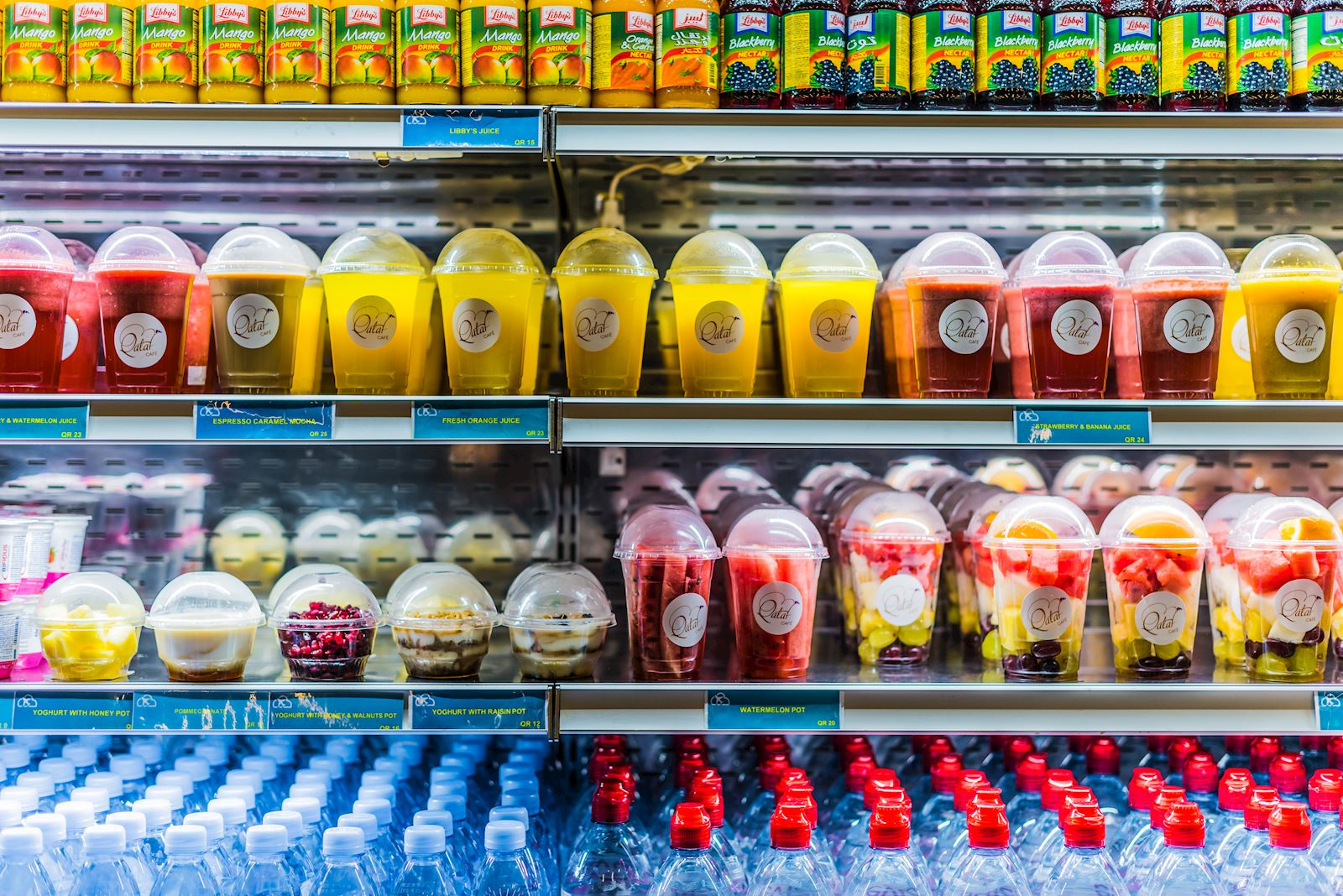
The UK Plastics Packaging Tax comes into effect from 1 April 2022 and is intended to increase the amount of recycled material used in packaging products. A survey conducted by the BPF found that less than a third of companies feel that they fully understand the upcoming tax. Areas of uncertainty include the evidence companies are required to submit and when companies are eligible for tax credits. Uncertainty also exists around calculating the amount of tax liable (if any), how VAT is to be applied and the information that is required on invoices for tax-eligible products.
In response to the above queries, the BPF worked with EY to produce a guide to the plastics packaging tax, which is available to members of the trade association. Out of this guide, the BPF produced an online ‘decision tree’ to help other companies understand the extent to which their products are liable to the upcoming tax.
BPF Membership Services Director Stephen Hunt states:
As this is an unprecedented, comprehensive, first-of-its-kind tax for the industry, the BPF has been working tirelessly with members to ensure they are as prepared as possible for its implementation. We hope the industry and its varied supply chains will find this decision tree useful in navigating this tax.
EY’s Director, Tax Policy Steven Effingham states:
EY has been delighted to work with the BPF in developing a practical and user-friendly decision-tree, which will enable companies to readily engage with the new tax and ensure that they straightforwardly identify and comply with the obligations placed on them by the new rules.
The BPF is also hosting an event about incorporating recycled content on 24 March, supported by Plastics Europe. Those interested can find more information about the event at www.bpf.co.uk and can access the online plastics packaging tax tool at www.bpf.co.uk/PackagingTaxTool.







